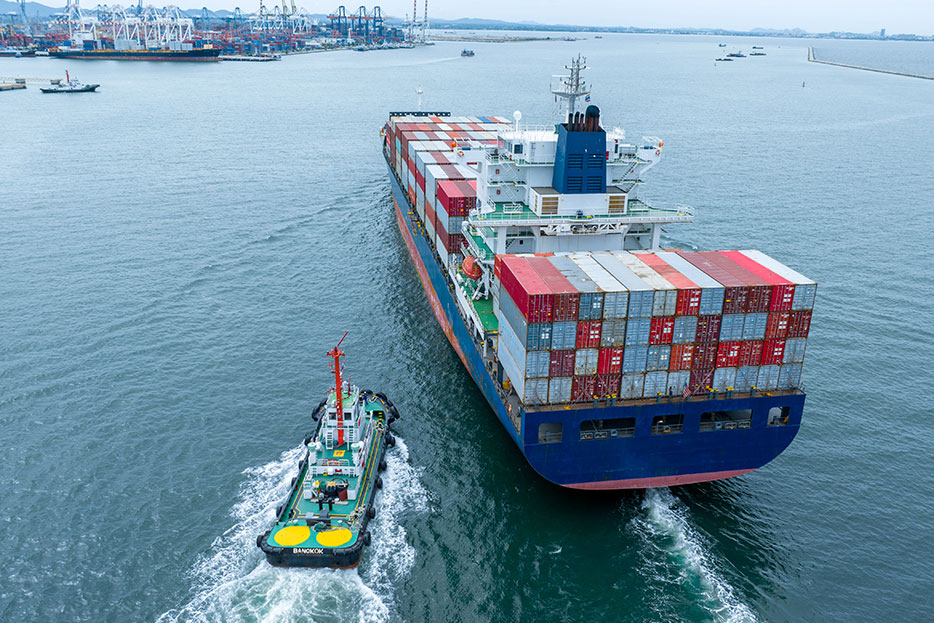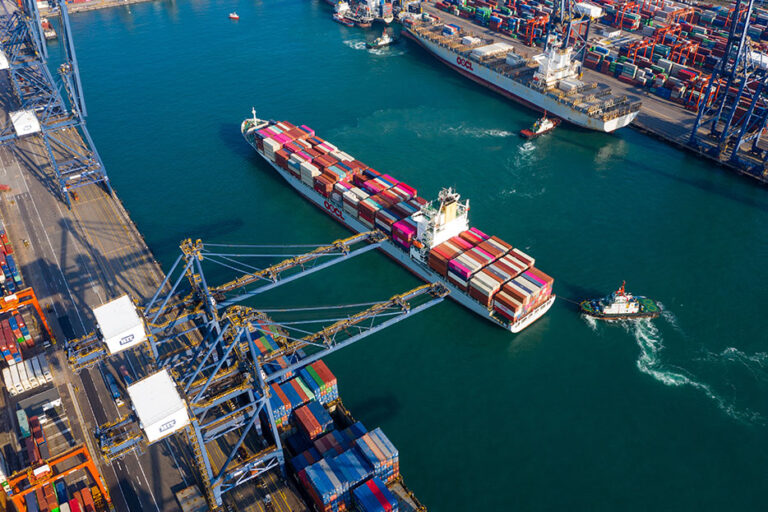Just as choosing the right Incoterms for import and export can significantly impact your commercial activities, bilateral agreements can have a meaningful, though often less visible, impact on Mexican foreign trade, especially when they are sector-specific.
These “minor” treaties may not generate headlines or dramatic shifts in tariffs. Still, they often remove subtle barriers that have a major impact on the flow of supply chains, production timelines, and market strategies.
For companies that export or import goods, even on a small scale, understanding the role of these agreements can be the difference between a stalled deal and a growing international presence. So it’s not surprising that a Mexican customs broker might suggest you take advantage of one of these agreements to unlock your business’s full potential.
To help you, let’s explore what constitutes a minor bilateral agreement and how these mechanisms shape Mexico’s trade relationships in strategic ways.
What is considered a minor bilateral agreement?
Minor bilateral agreements are deals between two countries that focus on certain parts of trade or cooperation, instead of big free trade agreements (FTAs). These agreements usually cover specific topics: phytosanitary standards, customs procedures, or technical norms. Although they don’t include broad tariff eliminations, they can still help make trade faster, cheaper, and easier in important ways.

How do they influence trade dynamics?
Minor bilateral agreements don’t change trade rules completely, but they help improve them by fixing small problems, making it easier to follow regulations, and creating new chances in specific areas. Here are some key ways they affect Mexico’s foreign trade:
1.- Market diversification
Bilateral agreements can help Mexican exporters sell their products in new and different markets by making it easier to meet specific rules. For example, if Mexico signs a phytosanitary agreement, meant to protect people from pests or diseases in food, it could allow fresh products like avocados, berries, or pork to be sold in countries that used to have strict limits.
This helps Mexico not rely so much on traditional markets like the U.S., reducing risks from political or economic changes. It also encourages local businesses to be more creative and improve their products and processes to meet the needs of these new customers.
2.- Investment promotion
Some bilateral agreements are designed to attract investment between Mexico and other countries, especially in important industries like clean energy, cars, or advanced technology. These agreements often include rules that make foreign investors feel more secure, such as quicker and clearer ways to solve legal problems if they happen.
By making the legal process simpler and more predictable, these agreements make Mexico a more attractive place to invest. This can lead to more factories being built, more technology coming in, and more jobs for Mexican workers.
Over time, this helps local businesses grow, improves infrastructure, and connects Mexico to global supply chains, meaning Mexican companies can become part of bigger international projects.
3.- Sectoral boost
Working together on things like product standards, training, or sharing technology helps Mexican industries grow and become more competitive.
To give you an idea, if Mexico signs an agreement with a European country about pharmaceutical certifications, it could make it much easier for Mexican medicine producers to sell their products in Europe. If both sides agree to accept each other’s certification processes, companies wouldn’t need to go through the same tests or approvals twice. This saves time, lowers costs, and helps products reach the market faster.
4.- Trade facilitation
Minor agreements often focus on making customs procedures easier by reducing paperwork and improving communication between border authorities. These changes help businesses save time and money when moving goods across borders.
One way this happens is through the creation of a “single window” system, where companies can submit all their import and export documents in one place instead of dealing with multiple agencies.
These improvements make trade faster, smoother, and more predictable, which is especially important for businesses that depend on timely delivery and want to avoid unexpected delays or extra costs.

5.- Addressing non-tariff barriers
Non-tariff barriers like certification rules, labeling requirements, and safety standards can be just as challenging as tariffs for exporters. Minor bilateral agreements often work to solve these problems by harmonizing standards or creating agreements where each country accepts the other’s rules.
This kind of cooperation helps exporters save money and time because they don’t have to make expensive changes to meet different regulations. As a result, they can enter new markets more quickly and compete better internationally.
While minor bilateral agreements may not make headlines or completely transform trade systems, their strategic role in fine-tuning specific aspects of Mexico’s foreign trade is undeniable.
For businesses, whether small exporters or large, understanding and leveraging these agreements can unlock faster growth. With this knowledge in hand, consult your Mexican customs broker to analyze your options and determine the best next steps for your business.
